
Here's an update on which medications are on the horizon for the treatment of schizophrenia and PTSD.

Dr Miller is Medical Director, Brain Health, Exeter, New Hampshire; Editor in Chief, Psychiatric Times; Voluntary Consulting Psychiatrist at Seacoast Mental Health Center, Exeter/Portsmouth, NH; Consulting Psychiatrist, Insight Meditation Society, Barre, Massachusetts.

Here's an update on which medications are on the horizon for the treatment of schizophrenia and PTSD.

Since 2006, STAR*D stands out as an icon guiding treatment decisions of major depressive disorder. But what if it is broken?

"During the past 5 years has gabapentin retained its position as one of the top 10 drugs prescribed in the United States."

Don't miss the the 2023 Psychiatric Times World CME conference, where our Editor in Chief will present on the 14 different types of dementia!

Don't miss updates on schizophrenia at our conference, beginning at 3:10PM EST!

Our Editor in Chief explains why you should attend our conference!

Residues of past traumatic events can deeply impact our present experiences and our functioning in ways that we are not aware of consciously. We must process and let go of these experiences in order to heal.
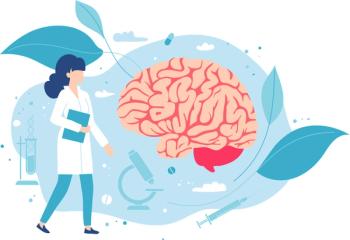
Have you registered for the 2023 Annual Psychiatric Times World CME Conference?

"No matter where you are in your career, it is our generation of providers who have the opportunity to facilitate how the medicine of today evolves into the medicine of tomorrow."

"There is clearly a large unmet need not only to improve our treatment of AD, but to provide treatment options for all the dementias."
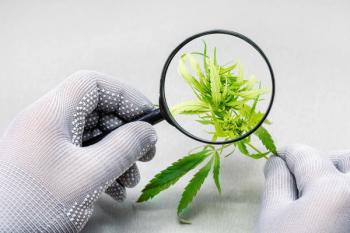
Should cannabis be regulated in the United States in a manner similar to alcohol and tobacco?
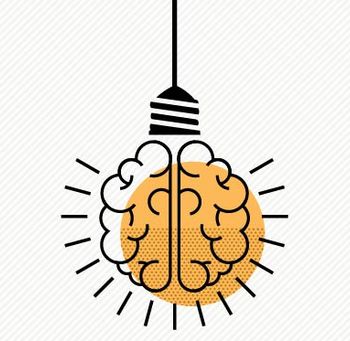
An inside look at what treatments are being discussed in San Francisco...

"It is essential to have an aggressive path forward to increase public awareness of mental health and illness, education on early intervention and treatment access, and continued destigmatization of mental illness."

Patients' symptoms often have an etiology that is actually "all in their head..."

A look at one of the most informative yet easy-to-administer tests for assessing brain dysfunction.

"The history of medicine is rich in blaming the disease or the patient for 'untreatable' symptoms, until we stumble upon or develop a treatment that is, in fact, effective."


Remember to keep the cart behind the horse while practicing medicine.

We remain challenged to improve treatments and outcomes in schizophrenia. Explore the latest options.

What is most memorable about your childhood holiday celebrations?

What happened in 1922, and how do these events look 100 years later?

"The cog in the wheel of treatment today is misinformation and lack of trust in the institutions of medicine, peer-reviewed published literature, the CDC, and pharmaceutical research."

"As clinicians who took an oath to 'do no harm,' we must educate the public about the dangers and non–standard of care of the growing practice of at-home ketamine."

Missing out on treating a person rather than a diagnosis?

"It would be naïve to believe that targeting a single neurotransmitter, receptor, or circuit in the brain will cure any psychiatric or neurological disorder. However, we would be remiss if we did not try."

These are the extra figures for John J. Miller, MD's article, "Serotonin: A Biography" from the 2022 September issue.
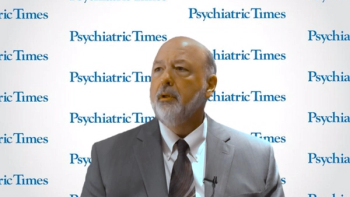
CBD and THC? What's the difference and why does it matter?
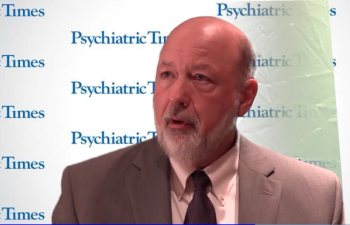
The resistance against "magic mushrooms"—is it justified?
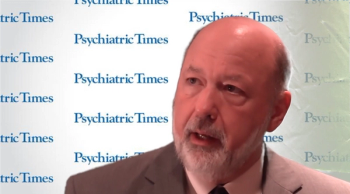
Here's why more research is important to help us better understand the effects of cannabis on our patients.

Is the term, "extrapyramidal symptoms," an example of a “4-letter word”?